The need for improved energy storage systems led to major advancements in battery technology. One such alternative is Lithium Iron Phosphate (LiFePO4) batteries.
In this post, we get into the details of how LiFePO4 batteries can replace lead-acid batteries in multiple applications and what aspects to take into account in terms of advantages and changes that need to be faced in the transition.
LiFePO4 and Lead-Acid Batteries
Lead-Acid
Batteries: Historical Precedence: Lead-acid batteries have a history of over a century of use for applications ranging from automotive starters to backup power systems.
Structure: They are made of guide dishes that are immersed in a sulphuric acidity electrolyte. Features: Affordable with large surge currents and utter ruggedness, yet having reduced lifetime, reduced efficiency, and huge and heavy.
LiFePO4 Batteries
The LiFePO4 or lithium iron phosphate is a type of modern lithium-ion battery innovation, which uses lithium iron phosphate as a cathode material.
Properties: Long life: When compared with the conventional battery longer life means longer autonomy for the vehicle.
Safe: Compared to traditional batteries, it's natural as it uses chemicals in the solid state.
Thermal stability: Stable at any temperature, well-controlled electronic configuration.
Environmentally friendly: Since it is chemical-less and uses non-flammable materials. Lighter and more efficient than lead-acid batteries most of the time.
Why LiFePO4 is the best choice over Lead-Acid Longer
Lifespan: Cycle LifeStraight: LiFePO4 batteries have a life of 2000-5000 charge-discharge cycles, whereas lead-acid batteries usually will be able to bear 300-500 cycles. Simply put, this means less replacement and cheaper long-term expenditure.
Calendar Life: Display their capacity and performance for many years regardless if rarely used. Higher Efficiency: Energy Efficient: The LiFePO4 batteries are 95-98% efficient in terms of charge and discharge cycle compared with lead-acid batteries which are between 70-80% efficient. Which means more energy is stored and retrieved correctly.
Fast Recharging: They also charge quickly, therefore, reducing your downtime. Certain types of applications that require fast response time like commercial fleets or emergency power systems worth considering.
Weight and Size: They Have Less Weight: A LiFePO4 battery weighs less than half of the equivalent power capacity of a lead-acid battery. This has clear benefits in mobile applications such as electric vehicles (EVs), as it lowers weight and thereby increases efficiency and performance, as well as in boats and recreational vehicles (RVs).
Maintenance-Free: Zero Maintenance: While lead-acid batteries need some maintenance like checking water levels, and cleaning terminals frequently, LiFePO4 batteries have nothing to do, it will save you time and energy, especially for a far and tough spot installation.
Stable and Consistent Power: Stable voltage output during the entire discharge cycle provides constant performance and power delivery. This is especially important for sensitive electronics as well as for applications that require uninterrupted power.
Deep Discharge: It can be discharged safely and more deeply without harming the cells, making it more usable capacity.
Safety
Thermal Stability: LiFePO4 batteries have greater thermal and chemical stability which helps to reduce the chances of overheating and subsequent fire. Free from harmful heavy metals: Contains no lead or cadmium, which is better for the user and the environment!
Environmental Impact
Environmentally Safer: There are no or few harmful materials used in the production, and easier to recycle. This longer lifetime also means fewer batteries being thrown away and less corrosive waste is released into the environment.
Where to Use LiFePO4 Batteries
Solar Energy Storage: For Residential and commercial systems: They have a long cycle life and excellent efficiency and are particularly suited to storing power generated by your solar panels. They are used to store extra energy so they can be used when sunlight is not available (such as at night or on cloudy days).
Electric Vehicles (EVs): are lightweight, highly efficient, fast charging (no memory and self-discharge), power density (they don't trickle), have no lead, these are used in passenger and commercial EVs to augment (even replace PHEVs) traction battery packs to provide necessary range and power to the drive wheels, without adding weight (actually huge mass) on lead-acid and they are safer and longer life than Li-conquer. Feedback on popular use in the above-mentioned electricity Bicycles, and electric Scooters, where smaller and lighter electric motors increase range and performance.
Marine Applications: Boats and Yachts: Boats and yachts are a common marine application, as they are typically very safe and reliable, in addition to being well-suited for deep discharge cycles, which is important for powering electric propulsion systems and electronics on board. Recreational Vehicles (RVs): Off-Grid Power RVs lovers who take pleasure in going off-grid may get an eternal, low-maintenance power supply with LiFePO4 batteries. They can hold a charge for long periods, and take deep discharges, which makes them practically tailor-made for this purpose. The only option here is a pool of UPS (Uninterruptible Power Supplies).
Backup power systems: Ideal for UPS Systems that need speedy charging, long cycle life, and constant and stable releasing power, to keep your critical systems operating during power outages.
Portable Power Stations: For portable power applications such as camping or emergency kits this form of energy storage is excellent due to its lightweight and fast charging, alongside the benefits of high current or continuous power delivery.
Medical Devices: Trustworthy Power: Employed in medical equipment necessitating reliable and secure power to make sure tools operate when it matters. Telecommunications: Telecommunications Tower Backup: Battery backup is a common practice in telecommunications infrastructure. LiFePO4 batteries are low maintenance and offer a reliable, high-cycle life solution.
Replacing Lead-Acid with LiFePO4 Factors to Consider Initial
Cost: Greater Initial Cost: LiFePO4 cells tend to be more expensive than lead-acid cells but they are offset by their significantly longer life. A longer life span and less maintenance need to make them a better investment in the long run.
System Compatibility: Check Compatibility: make sure that the first process is compatible with a LiFePO4 battery, checking voltages, pushing current, and possibly even upgrading chargers and other systems.
Charging Requirements: Special Chargers: LiFePO4 batteries demand exclusive charging prospection. LiFePO4 batteries may be harmed by chargers intended for lead-acid-based batteries. Make sure you have an appropriate charger (or invest in one).
Battery Management System (BMS): Protection against overcharge, over-discharge, and Short Circuits. Many LiFePO4 batteries include a built-in BMS (Battery Monitoring System). A BMS that is suitable for your application to preserve the safety and health of the battery.
Space and Weight Adjustments: Weight: LiFePO4 batteries are lightweight compared to Lead-acid batteries. Fit new batteries in your application and take into account weight changes in mobile applications.
In summary
Because of their high safety, high thermal stability, and long life, LiFePO4 batteries are being widely used to replace lead-acid batteries in all sectors of the economy. Although the upfront cost generally tends to be higher, the benefits are usually worthwhile in the long run. Due to system compatibility, charging requirements, and specific application needs, making a transition to LiFePO4 batteries will bring significant benefits, which tend to plug in for more modern and advanced energy storage solutions.





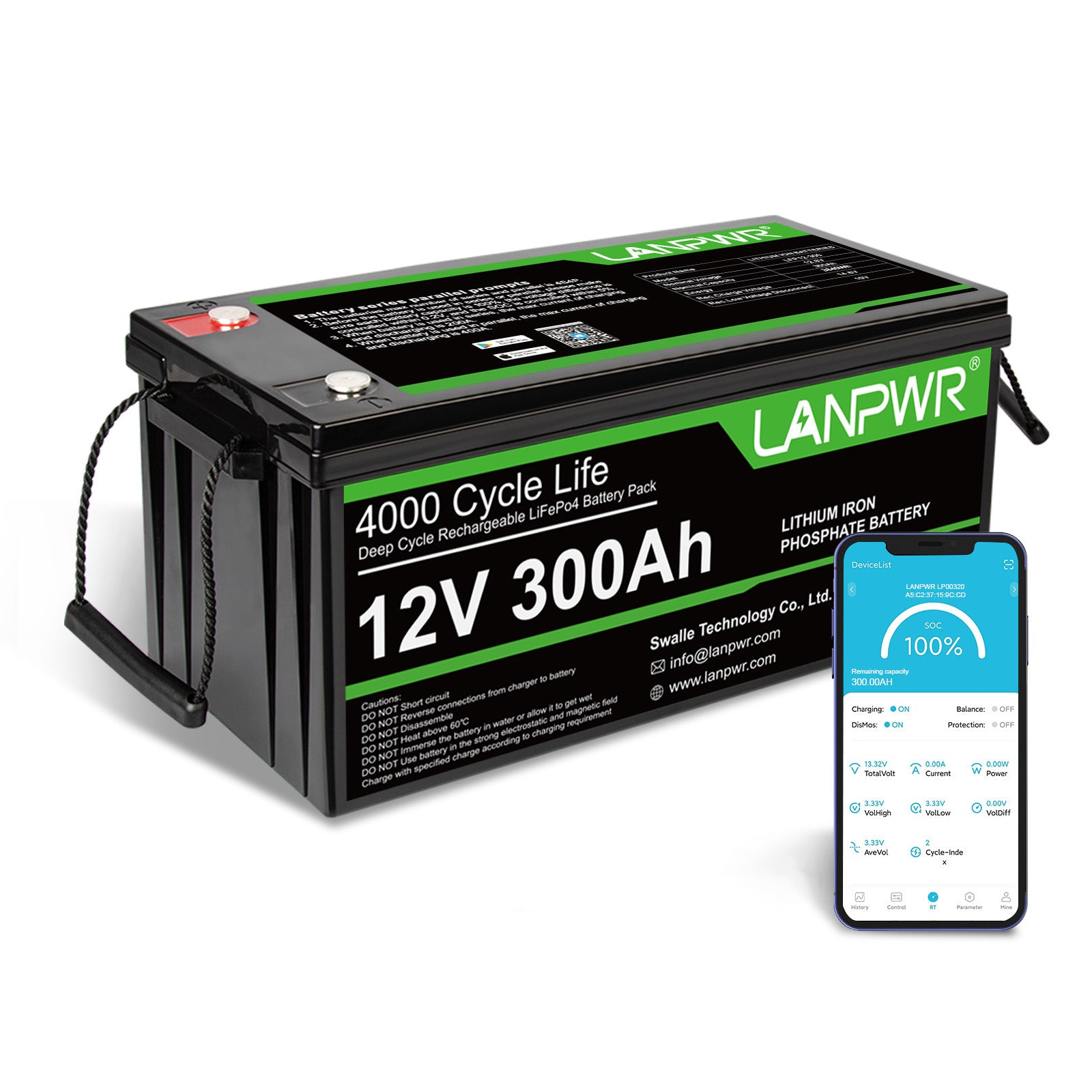
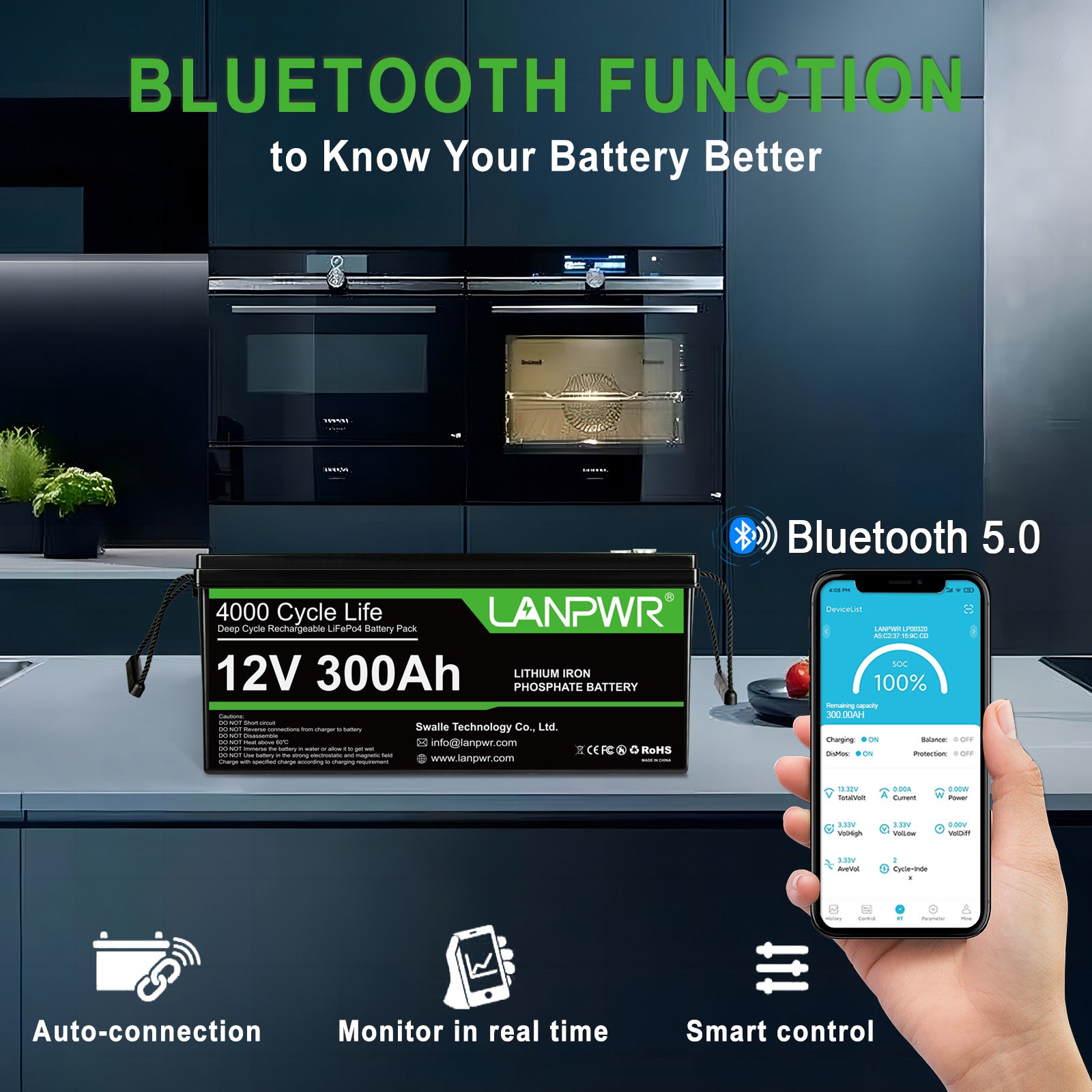
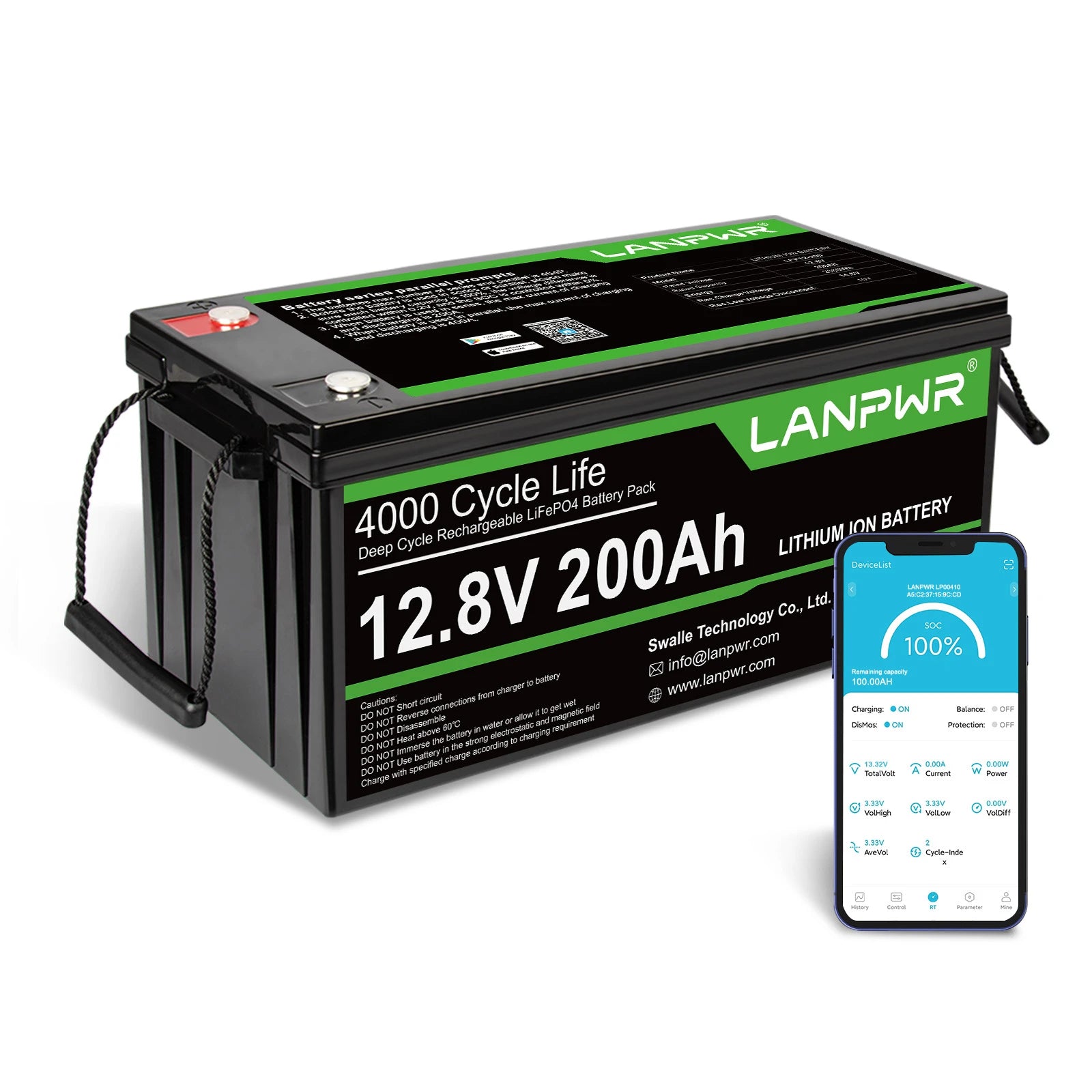
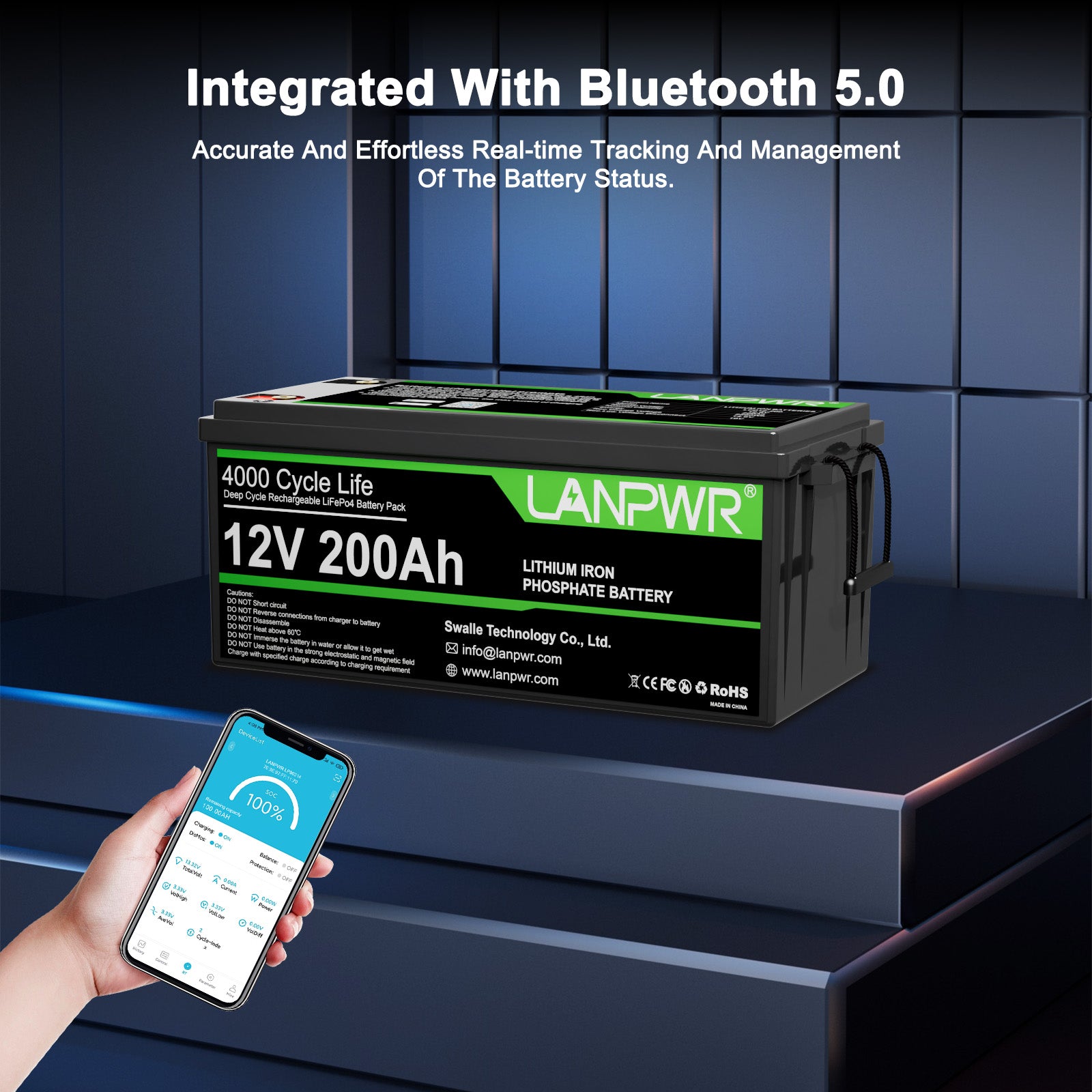
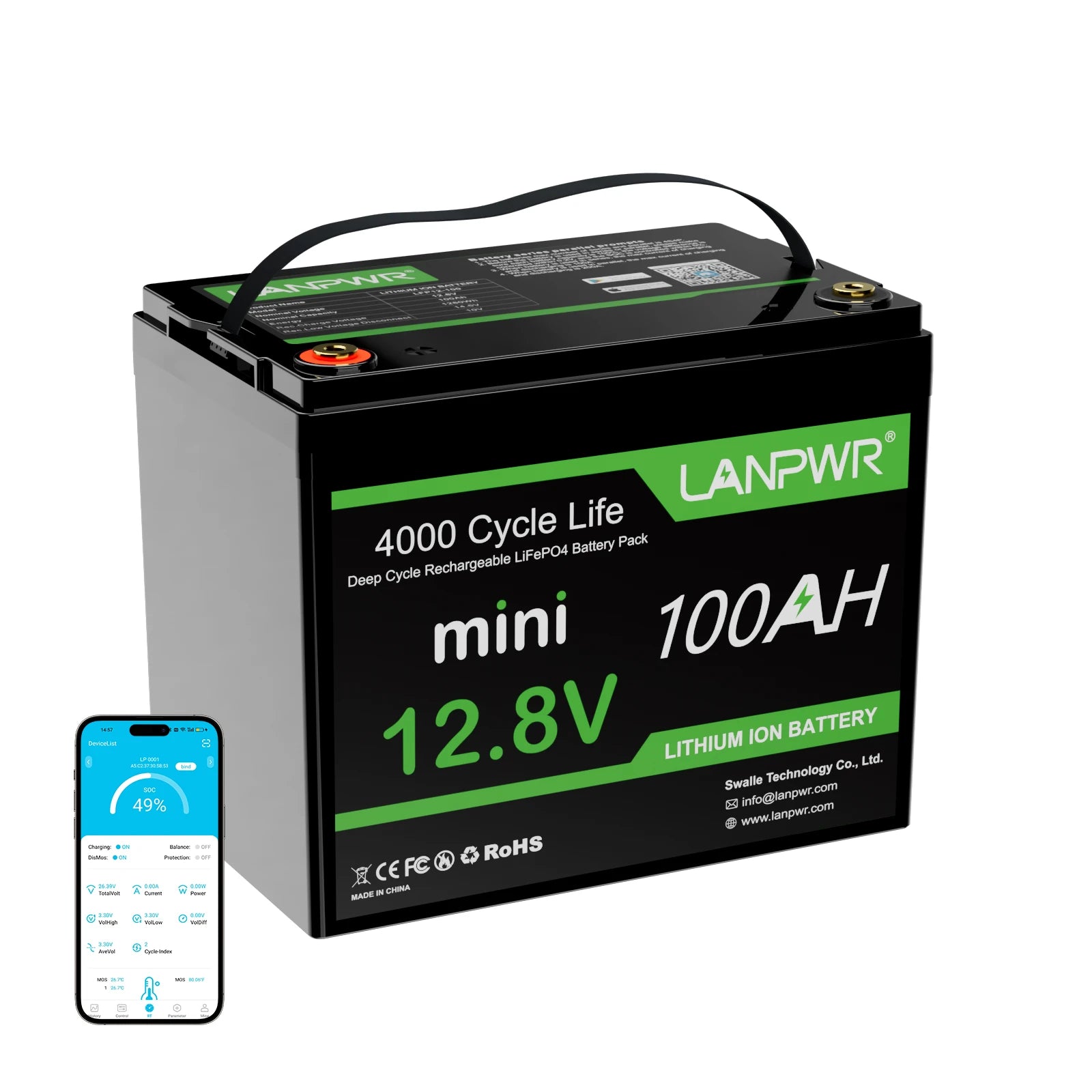

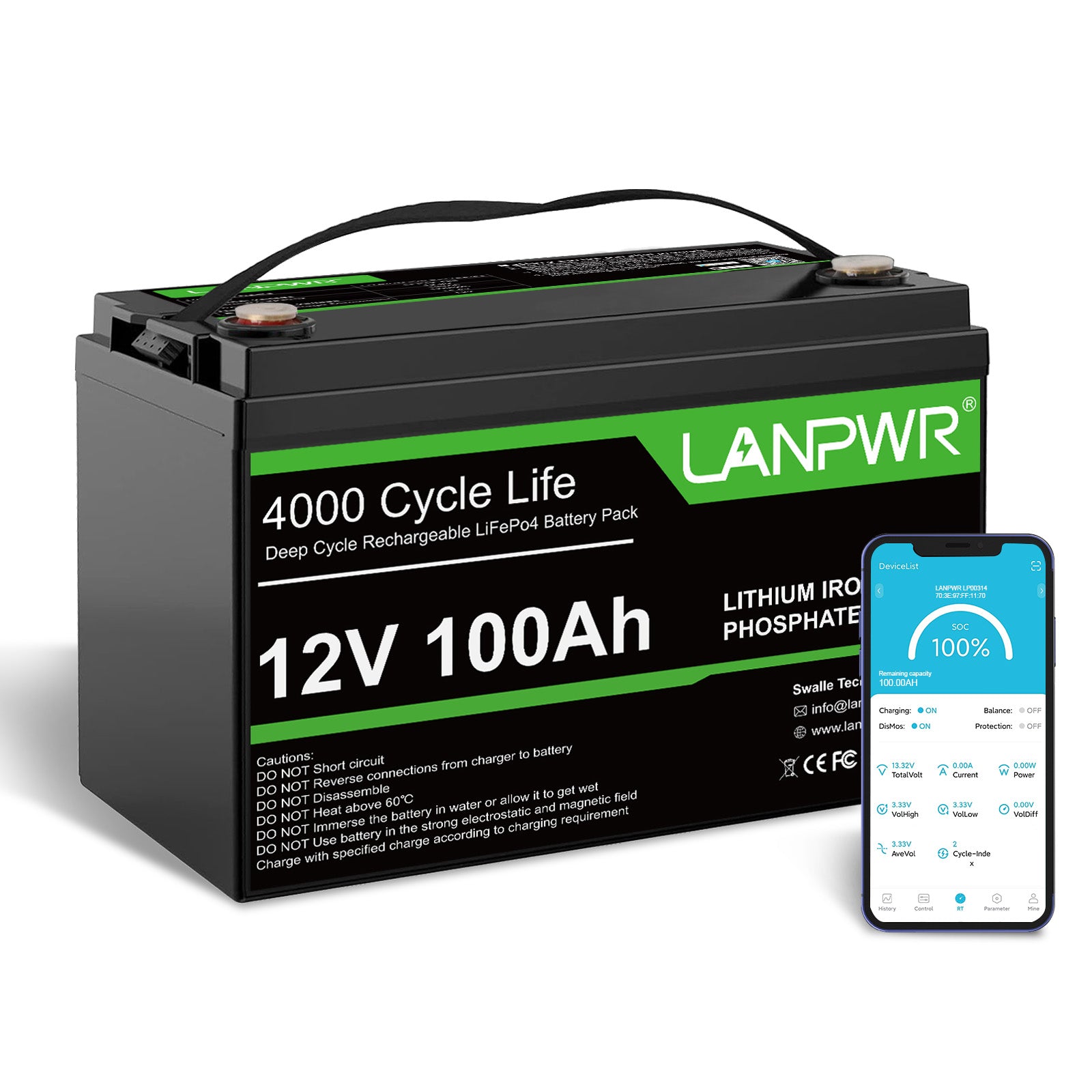

Leave a comment
This site is protected by hCaptcha and the hCaptcha Privacy Policy and Terms of Service apply.